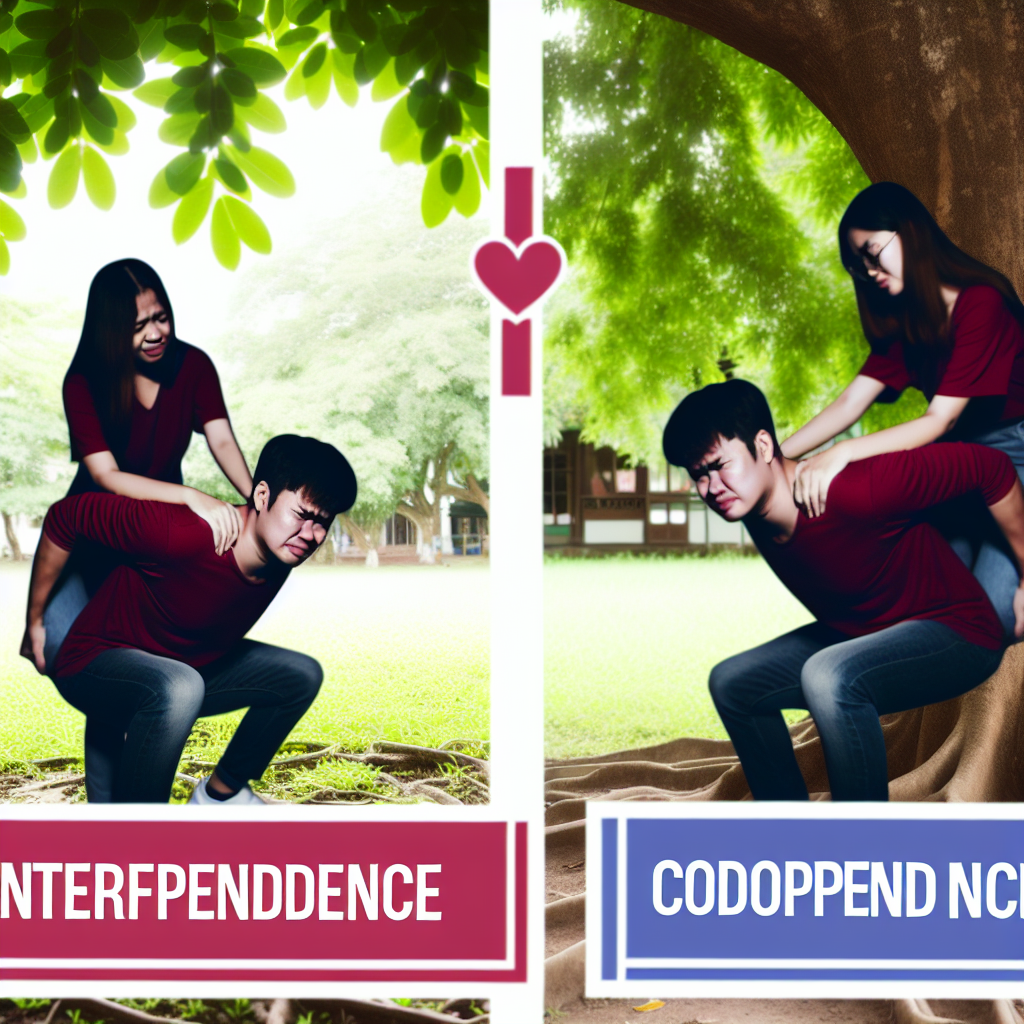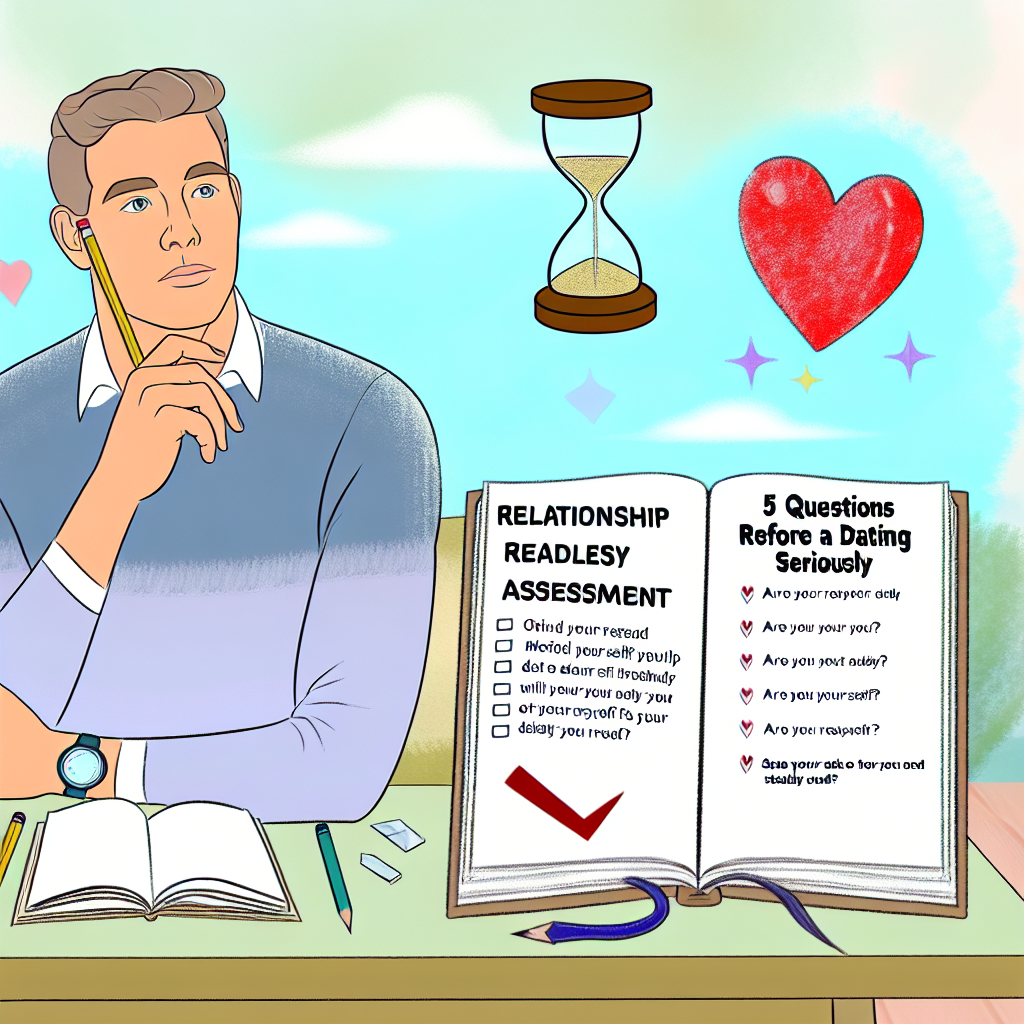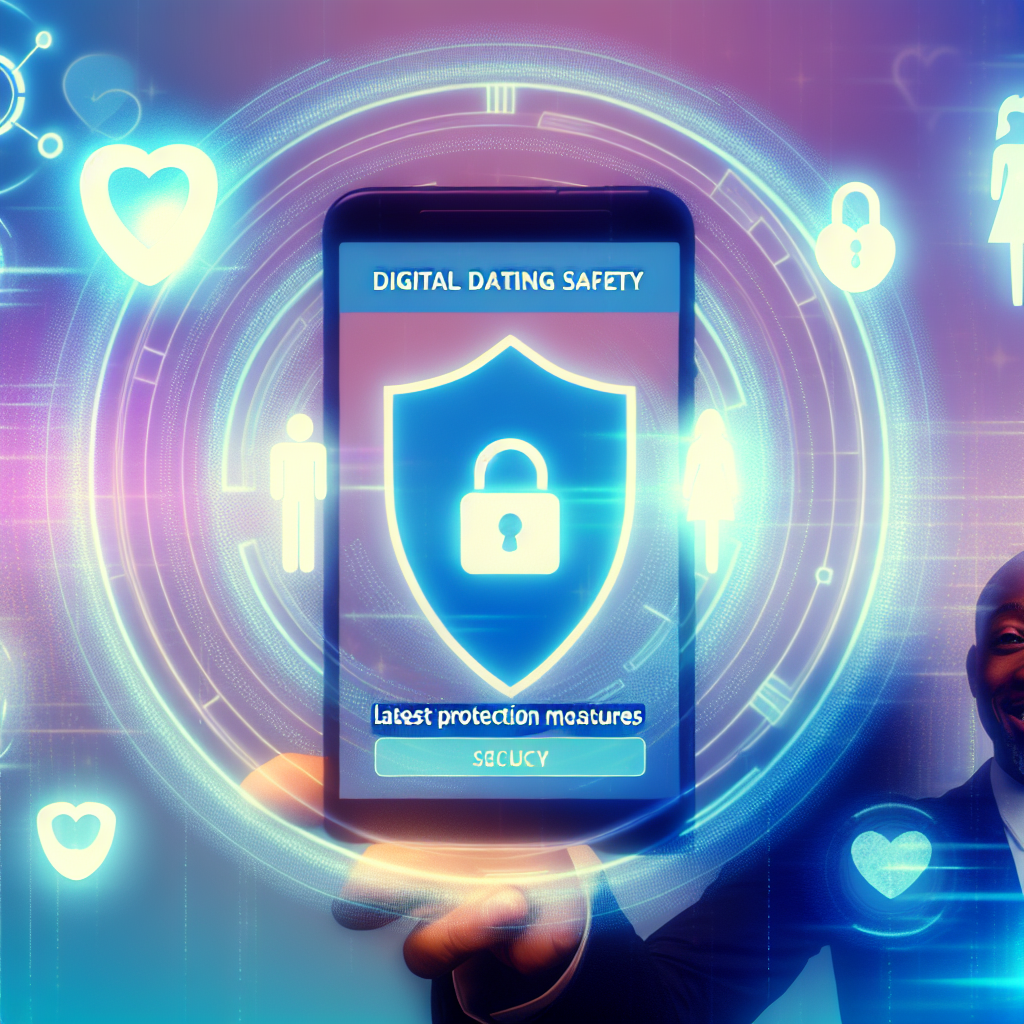Conflict Resolution in Modern Relationships: Proven Strategies for Lasting Love
Introduction
Conflict is an inevitable part of any relationship. Whether you’ve just started dating, are in a committed partnership, or have been together for years, disagreements will naturally arise. However, how couples handle conflict can make or break their relationship.
In today’s fast-paced, technology-driven world, relationship challenges are often amplified by social media, digital communication, and differing generational perspectives on love and commitment. Work stresses, financial struggles, cultural differences, and shifting societal norms all contribute to how couples navigate conflicts. Additionally, digital communication has increased the risk of misunderstandings due to the absence of nonverbal cues such as tone and body language.
Social media also presents new challenges. Issues like online transparency, privacy, and validation from likes and comments can create friction between partners. The ease of comparing relationships on platforms like Instagram or TikTok can lead to unrealistic expectations and unnecessary arguments.
Despite these modern challenges, strong relationships depend on effective conflict resolution. When handled correctly, disagreements can strengthen a relationship rather than weaken it. This article explores research-backed techniques for resolving disputes in modern relationships, helping couples foster understanding rather than division.
The Science Behind Conflict Resolution: What Research Reveals
Psychological studies provide significant insight into how couples can manage disagreements effectively.
One of the most influential researchers in this area, Dr. John Gottman, emphasizes that successful couples maintain a 5:1 ratio of positive to negative interactions during disputes. This means that for every negative exchange, there should be five affirming or supportive interactions ([Gottman Institute](https://www.gottman.com/blog/the-magic-relationship-ratio-according-science/)).
Gottman also warns about the “Four Horsemen of the Apocalypse”—criticism, contempt, defensiveness, and stonewalling—as predictors of relationship failure. Avoiding these behaviors and instead practicing constructive communication, such as using “I” statements (“I feel unheard” instead of “You never listen”), can promote healthier conflict resolution.
Dr. Susan Heitler, author of *The Power of Two*, highlights collaborative problem-solving as a key strategy. Couples should work together towards win-win solutions instead of turning disagreements into power struggles ([Heitler](https://www.goodreads.com/book/show/879126.The_Power_of_Two)). Active listening—where each partner truly listens and acknowledges the other’s perspective before responding—is also essential in preventing conflicts from escalating.
Neuroscience also plays a role. Relationship expert Dr. Stan Tatkin explains that during heated conflicts, the brain’s fight-or-flight response can impair rational thinking and escalate arguments. He suggests taking breaks during difficult discussions to allow emotions to settle, leading to more productive conversations ([Tatkin](https://stantatkin.com/)).
Additionally, research from the [American Psychological Association (APA)](https://www.apa.org/news/press/releases/2015/04/mindfulness-relationships) suggests mindfulness techniques can help couples reduce emotional reactivity. Practicing mindfulness improves communication, promotes empathy, and helps prevent conflicts from spiraling out of control.
Proven Strategies for Resolving Conflict in Relationships
1. Practice Active Listening and Understanding
Many arguments stem from feeling unheard rather than actual disagreements. Instead of focusing on formulating a response, listen to your partner with the intent to understand their feelings and perspective.
Tip: Repeat back what your partner has said in your own words. This clarifies any misinterpretations and makes your partner feel validated.
2. Use “I” Statements Instead of Blame
Blaming statements like “You never help around the house!” create defensiveness. Instead, focus on your own feelings and experience: “I feel overwhelmed when household chores pile up.”
3. Take Breaks to Prevent Escalation
If an argument is becoming too heated, step away for 10-15 minutes to regain composure. Science shows that cooling off helps regulate emotions and makes problem-solving easier.
4. Stay Focused on One Issue at a Time
Avoid bringing up past grievances in an argument. Stay on topic and work towards solving the current issue rather than reopening old wounds.
5. Seek Win-Win Solutions
Healthy relationships require compromise. Ask yourselves, “How can we both get what we want or meet in the middle?” Instead of approaching conflict as “me vs. you,” view it as “us vs. the problem.”
6. Embrace Mindfulness and Emotional Regulation
Practicing mindfulness reduces impulsive reactions during arguments. Techniques like deep breathing, meditation, and self-soothing can help couples approach disagreements calmly and constructively.
7. Keep Positivity at the Forefront
Maintain kindness and humor even during conflict. Small gestures—holding hands, maintaining eye contact, or offering reassurance—can remind both partners that the relationship is more important than the disagreement.
Conclusion: Turning Conflict Into Connection
Conflict in relationships is inevitable, but it doesn’t have to be destructive. By implementing research-backed strategies, couples can use disagreements as opportunities to grow closer. Maintaining a balance of positive interactions, practicing active listening, and avoiding toxic behaviors help build stronger emotional connections.
In today’s digital age, where miscommunication and external influences can strain relationships, effective conflict resolution is more important than ever. The key is to approach conflicts as a team, with a commitment to understanding, respect, and mutual growth.
Disagreements don’t signify weakness in a relationship—they signify opportunities for understanding and deepening trust. By working through conflicts constructively, couples can strengthen their bond and foster a love that lasts.
References
– The Gottman Institute. (n.d.). *The Magic Relationship Ratio, According to Science.* Retrieved from [https://www.gottman.com/blog/the-magic-relationship-ratio-according-science/](https://www.gottman.com/blog/the-magic-relationship-ratio-according-science/)
– Heitler, S. (1997). *The Power of Two: Secrets to a Strong & Loving Marriage.* New Harbinger Publications. Retrieved from [https://www.goodreads.com/book/show/879126.The_Power_of_Two](https://www.goodreads.com/book/show/879126.The_Power_of_Two)
– Tatkin, S. (n.d.). *Understanding the Neuroscience of Relationships.* Retrieved from [https://stantatkin.com/](https://stantatkin.com/)
– American Psychological Association (2015). *Mindfulness Can Improve Romantic Relationships.* Retrieved from [https://www.apa.org/news/press/releases/2015/04/mindfulness-relationships](https://www.apa.org/news/press/releases/2015/04/mindfulness-relationships)
**Ready to transform your relationship? Start implementing these conflict resolution techniques today and build a stronger, healthier connection with your partner!**
Summary:
This article explores proven strategies for resolving conflicts in modern relationships. It highlights the importance of active listening, using “I” statements, taking breaks, staying focused, seeking win-win solutions, embracing mindfulness, and maintaining positivity. By implementing research-backed techniques, couples can turn disagreements into opportunities for deeper connection and understanding, even in the digital age.

Dominic E. is a passionate filmmaker navigating the exciting intersection of art and science. By day, he delves into the complexities of the human body as a full-time medical writer, meticulously translating intricate medical concepts into accessible and engaging narratives. By night, he explores the boundless realm of cinematic storytelling, crafting narratives that evoke emotion and challenge perspectives. Film Student and Full-time Medical Writer for ContentVendor.com




